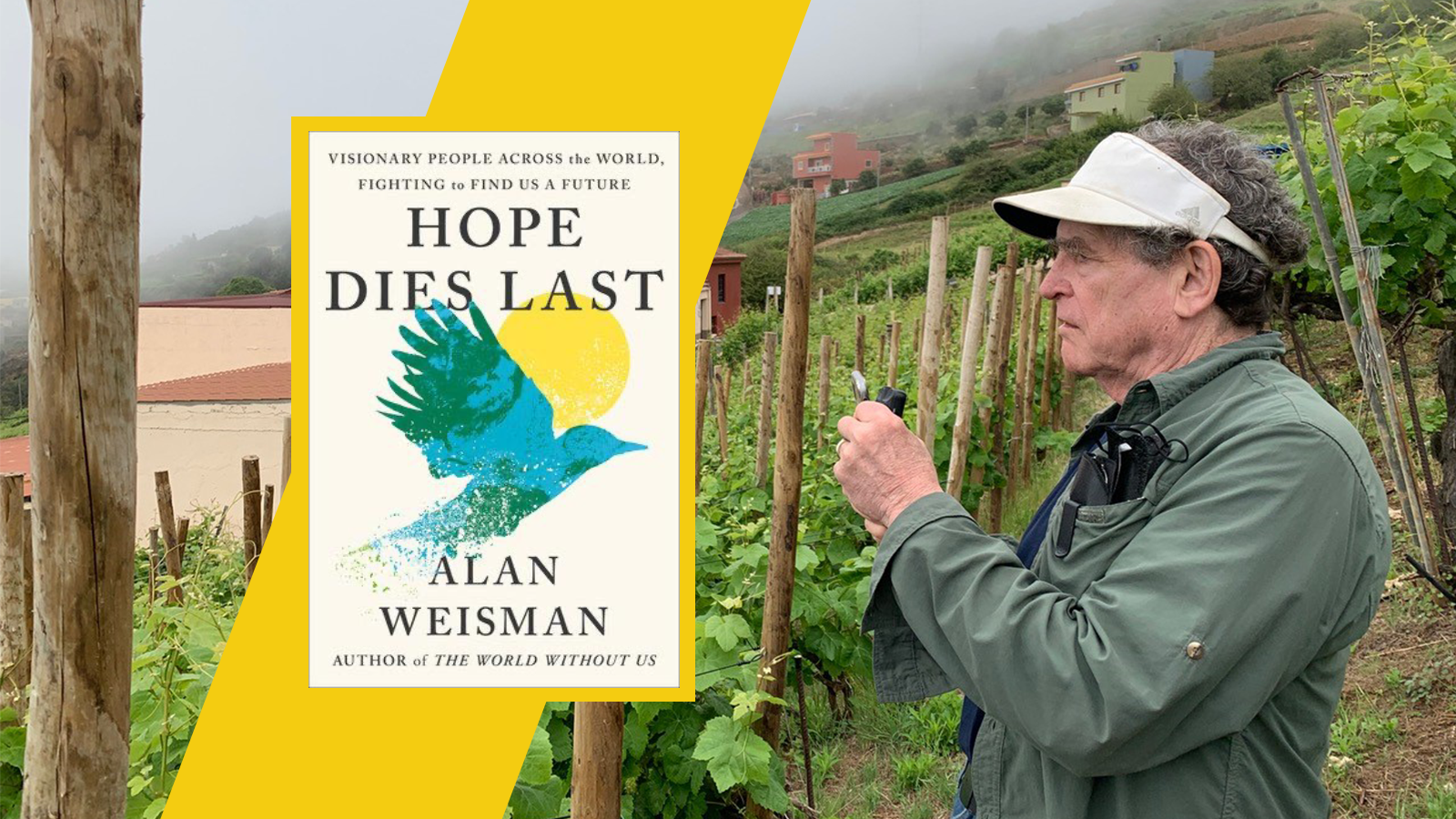
Promote Democratic Principles in Developing Climate Solutions

Long-term planning with many participants is difficult to achieve. This is not only due to the unpredictability of the future, or people’s inability to think ahead except in the vaguest of terms, but also due to the difficulty of maintaining a consensus.
Consider a group of people deciding to reach the end of a maze. Each person has an idea of how to achieve this goal, but there are different ways in which the people can achieve their goal:
In a democracy there is a vote at each intersection, in monarchy the crowd follows a leader, in anarchy everyone goes their own way, while in aristocracy (in the original sense of the word, which is “rule by the best”) the crowd follows leader(s) chosen for their ability in maze-navigation.
In the Carlsen vs. the World match it could be argued that there were aristocratic elements at play (as LNP, who led the people, are definitely chess experts) but also a democratic principle, as the leaders did not decide, but the people did.
If someone (say one of LNP) came up with a good plan, he could not carry it through, because midway through the plan’s execution, the public, who did not understand the plan, and the other two leaders, who may not have guessed it, or may have preferred a different one, changed course.
Moves that were suggested early on, ended up played much later, when their “bite” was gone. The crowd flocked alternatively to displays of bravado and early counter-attack, followed quickly by overdefensive moves that created an uncomfortable cramped position that was impossible to defend.
The world’s failure is impressive, because it had so many good things going for it: the “leaders” were part of the chess elite, and both them, and the public had a clearly defined common interest: to win the game.
In a real democracy, not only do politicians and citizens have different and conflicting agendas (e.g., raise or lower taxes, increase or decrease immigration, regulate or liberalize markets, etc.) but the quality of politicians is generally low: LNP were selected largely because of merit, putting their plans to democratic scrutiny; in a real representative democracy, both leaders and plans are subject to a vote.
Not to mention the media, composed to a large extent of opinionated ignorami who have to sink to the level of the lowest common denominator of the populace in order to achieve circulation or viewership targets, rather than inform the public about the issues at hand, and the different political parties’ plans.
It could be argued that the Carlsen was too smart, so we should not make too much out of the World’s failure to defeat him; yet, it can also be argued that the real-world challenges that face societies are even more complex, whether they are climate change, the organization of financial markets, the decision to go to war, domestic and foreign enemies, and so on.
The main advantage of democracy, compared to other political systems is its adaptiveness. In a monarchy, you either get a good ruler or a bad one, for long periods of time. You have the advantage of long-term planning, but the disadvantage that the long-term plan may lead to ruin. In a typical representative democracy, you get a series of average rulers. Constancy and long-term planning go out the window, but course correction is built into the system.
Experiences, however, bring into our attention how suboptimal as a governing system representative democracy really is. It’s difficult to see how democracy would evolve in a more efficient direction, but it is definitely worth thinking about.




















